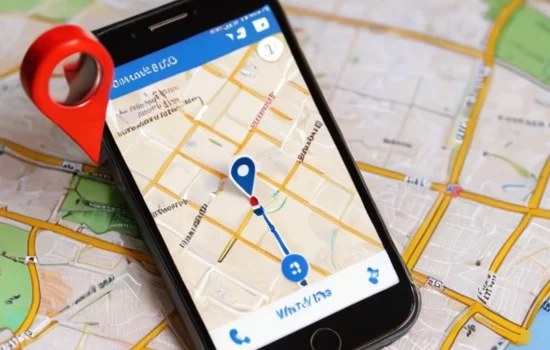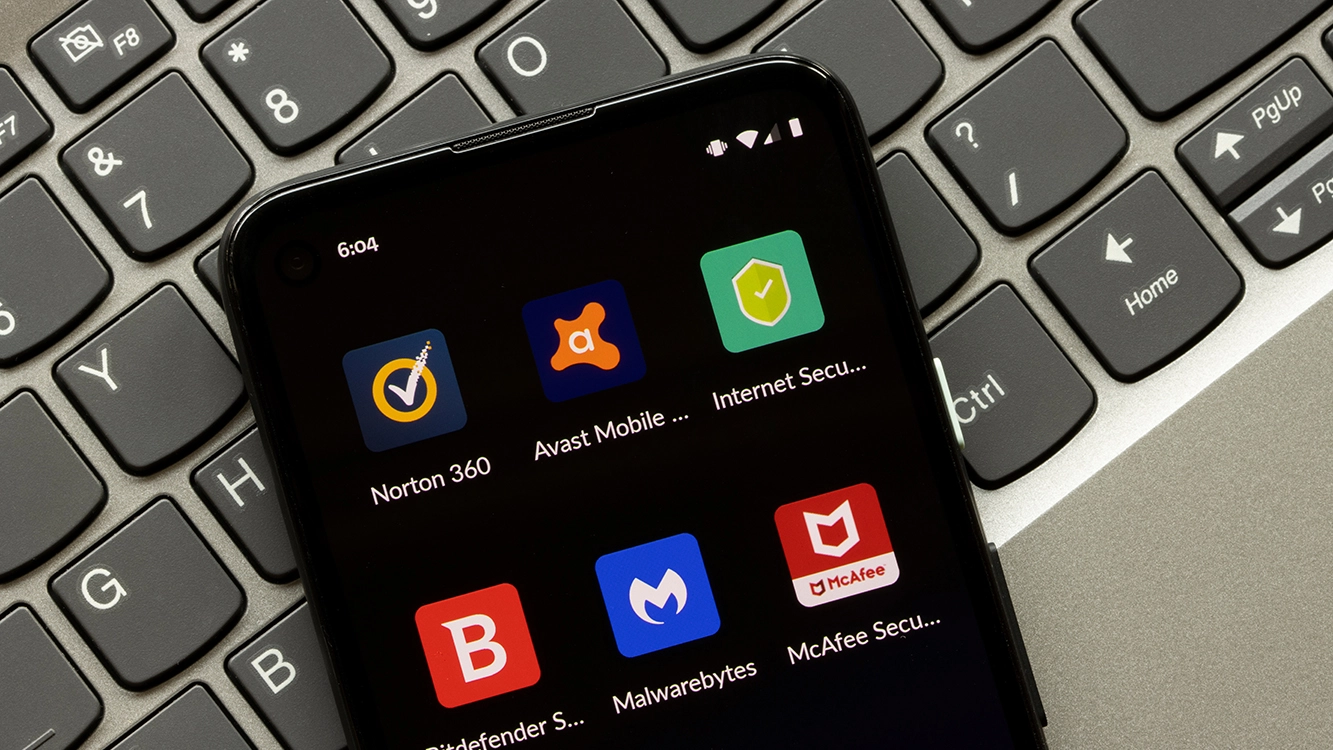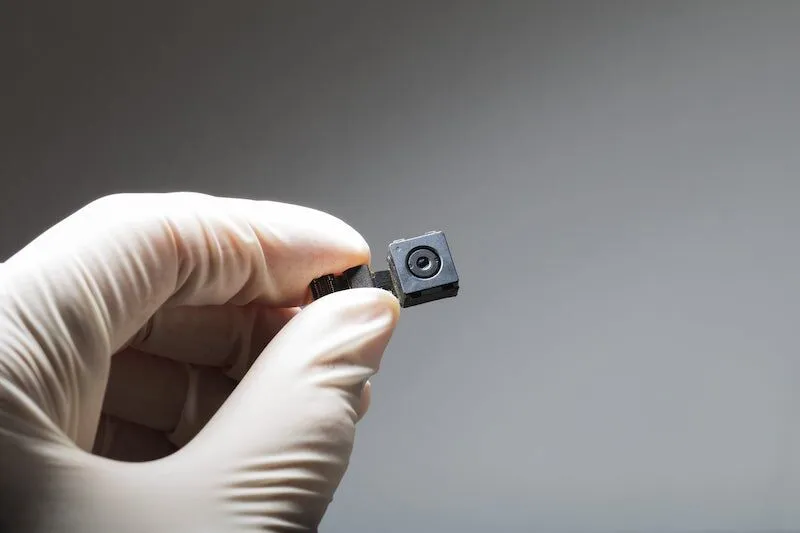Adverts
Battling diabetes on a daily basis is a challenge that many people face. Controlling glucose levels and maintaining a healthy lifestyle becomes a mission. Fortunately, technology has become a great ally in this fight, and that is exactly what we will talk about in this article: apps that help you control your diabetes.
Below, we’ll take a closer look at several apps designed for this purpose. They were created to simplify diabetes management, monitor your glucose levels, and provide useful feedback that can help improve your health. In addition, we’ll present the most relevant features of each app so you can choose the one that best suits your needs.
Adverts
Let’s explore how these apps can make your life easier by providing helpful reminders to measure your glucose levels, log your food intake, and even provide exercise tips that can help you manage your diabetes.
If you are looking for a more efficient and practical way to manage your diabetes, this article is for you. Let’s go on this journey of knowledge and discovery together. After all, information is the greatest weapon we can have at our disposal to face the challenges of diabetes. Let’s go!
Adverts
Discover Powerful Apps to Control Your Diabetes and Glucose
In times of advanced technology, new tools have emerged to help control and manage diabetes. These are applications developed with the aim of making life easier for those living with this chronic condition, making glucose control simpler and more practical. In this article, we will talk about two applications that have stood out for this purpose: Glic and mySugr.
Advantages of Using Apps to Control Diabetes
The main advantage of these apps is their practicality. With them, you can record and monitor changes in glucose levels throughout the day, control carbohydrate intake, record physical activity and even receive reminders to take medication. All of this in the palm of your hand, on a mobile device.
Additionally, these applications allow you to create detailed reports that can be shared with your doctor or healthcare team, making it easier to monitor and adjust your treatment. This contributes to greater effectiveness in controlling diabetes and can prevent complications associated with the disease.
Glyc
Glic is a Brazilian application developed to help control diabetes. Available for download at the following link: Glyc, it allows you to record blood glucose, insulin, carbohydrates, physical activities, medications and weight, functioning as a diabetes control diary.
With a simple and intuitive interface, Glic makes it easy to view and analyze data through graphs and reports. It also has an alert system that reminds users when to measure their blood sugar or take their medication, helping them adhere to treatment.

Additionally, Glic has a data sharing function, which allows other people to follow the user's records, such as family members and healthcare professionals. This can be very useful in monitoring and adjusting treatment.
mySugr
mySugr is an Austrian app that claims to be a “diabetes companion”. It can be downloaded via the link: mySugr. mySugr allows you to record various information, such as glucose, carbohydrates, insulin and physical activities.
One of the great advantages of mySugr is its gamification system. It turns diabetes control into a game, in which the user earns points by recording their information and completing daily challenges. This can be an additional incentive for controlling the disease.
Another strong point of mySugr is its synchronization system with glucose meters and insulin pumps, which makes it easier to record and analyze data. It also allows the creation of detailed reports, which can be shared with the doctor.
Therefore, using apps like Glic and mySugr can be a valuable tool in controlling diabetes, providing greater autonomy and adherence to treatment. It's worth trying!

Conclusion
Diabetes control and glucose monitoring apps have proven to be invaluable tools in helping to manage this chronic condition. They offer features that go beyond simply recording glucose levels, including medication reminders, food intake logs, physical activity tracking and even direct communication with healthcare professionals.
They stand out for their practicality and accessibility, allowing users to have accurate and useful information about their health condition at their fingertips at any time and place. In addition, the possibility of sharing data with doctors and other health professionals facilitates communication and monitoring, making treatment more effective.
Another important quality is personalization. Many apps allow for individual settings, adapting to the needs and lifestyle of each user. This makes diabetes management less of a chore and more integrated into daily routine.
In short, these apps are powerful allies in diabetes control, promoting greater autonomy for patients, improving adherence to treatment and contributing to a better quality of life. However, it is important to emphasize that they do not replace regular consultations and medical monitoring, but rather complement these essential practices.




